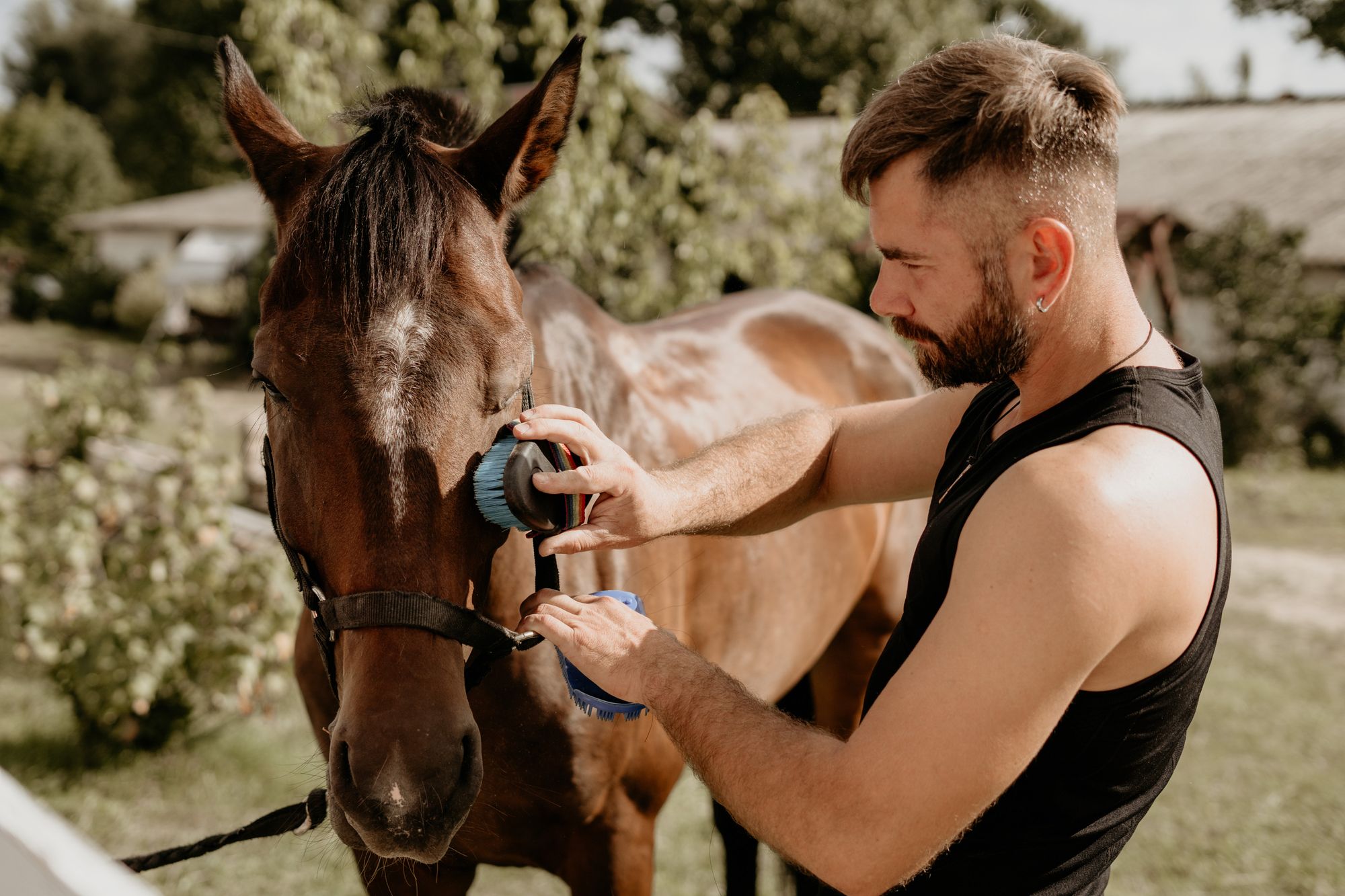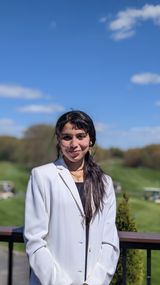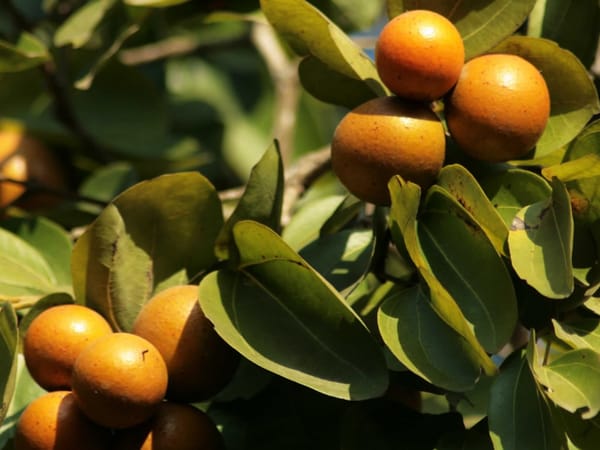Anxiety

Anxiety disorder is a common mental health challenge experienced by people of all age groups. With anxiety, individuals fall into a state of worry and apprehension, causing their sympathetic nervous system to be altered regarding its 'normal/healthy' responding nature. This leads to:
- raised blood pressure,
- hindered digestion
- sleep disturbances
- feeling their body being 'on edge' (1).
Experiencing anxiety is part and parcel of life - when it is chronic and inhibits one's progression in life, then it can be classed as a disorder. Continuously, these physiological effects of anxiety cause more serious imbalances in the body, creating illnesses like Irritable Bowel Syndrome, Chronic Insomnia, and Chronic Fatigue Syndrome (2).
Unani Tibb proposes that Anxiety disorder is an imbalance of excessive hotness and dryness in the brain (3), either due to an excess of yellow bile humor or black bile that is burnt due to combustion. Those unfamiliar with Unani terminology may find this hard to comprehend - the note to take would be that an element of heat is involved.
This heat exasperates the normal circulatory nature of the physical faculty in the brain that is in charge of the mental well-being of the individual. With abnormal circulation, distortions of perceptions arise, resulting in an anxious and threatened state of mind.
Treatment
Treatment is, according to Unani Tibb, simple in theory - it is to cool down the body. This can be done in a variety of ways.
- Counseling - this would tackle any emotional upsets that are causing worry, anxiousness, and fear. Unani Tibb, along with all ancient forms of medicine, stands firmly on the pretense that emotions affect one's health greatly - different emotions resulting in different degrees of heat, coldness, moisture, and dryness. With counseling, 'digesting' the emotional upsets can cool down the body, making individuals more relaxed and tranquil.
- Cooling and relaxing herbs - examples of the like are rose, waterlily, bitter orange, sweet violet, mulberries, etc.
- Cooling practices/regimens - soothing massages, grounding, breathing exercises.
- 'Energy-Outlet' practices - walking, exercise, swimming, horse-riding, dancing, etc. These, though involving physical movement which produces heat, regulate the hyperactivity caused by the anxiety by forcing it (the heat. activity) to stay at a steady paste. These practices also allow for the release of excessive energy, i.e., use it up, which is imperative many a time when anxiety is overwhelming.

Reference
- "Anxiety." American Psychological Association, https://www.apa.org/topics/anxiety/. Accessed 1 March 2023.
- Lydiard, R. B. "Irritable Bowel Syndrome, Anxiety, and Depression: What are the links?" Journal of Clinical Psychiatry, vol. 62, no. 8, 2001, pp. 38-45.
- Aza, Irfat, et al. "Managing Anxiety in Unani System of Medicine." Internation Journal of Modern Pharmaceutical Research, vol. 4, no. 1, 2020, pp. 143-148.
DISCLAIMER: Shifaa Khan's content is for general informational purposes only. It should not be used to self-diagnose, and it is not a substitute for a medical exam, cure, treatment, diagnosis, prescription, or recommendation. It does not create a doctor-patient relationship, a consultant-client relationship, or a practitioner-client/patient relationship between Shifaa Khan and you. You should not make any change in your health regimen or diet before first consulting a physician and obtaining a medical exam, diagnosis, and recommendation. Always seek the advice of a physician or other qualified health providers with any questions you may have regarding a medical condition. No presentation or communication shall expressly or implicitly bind any person or entity to any contract, agreement, or course of conduct or waive any part of this disclaimer, and no one should rely on unverified claims that Shifaa Khan is part of any endeavor and all such reliance is expressly disclaimed.




